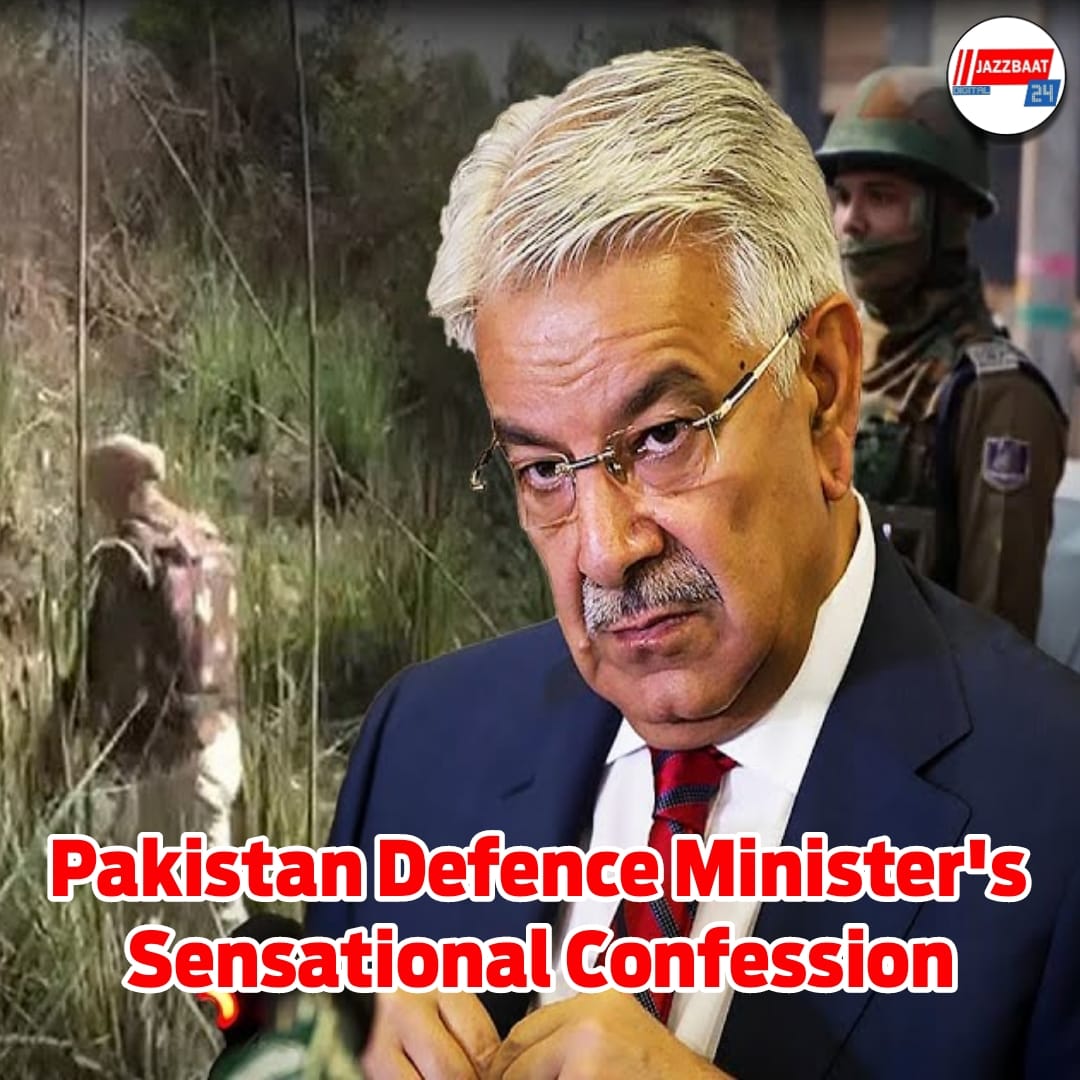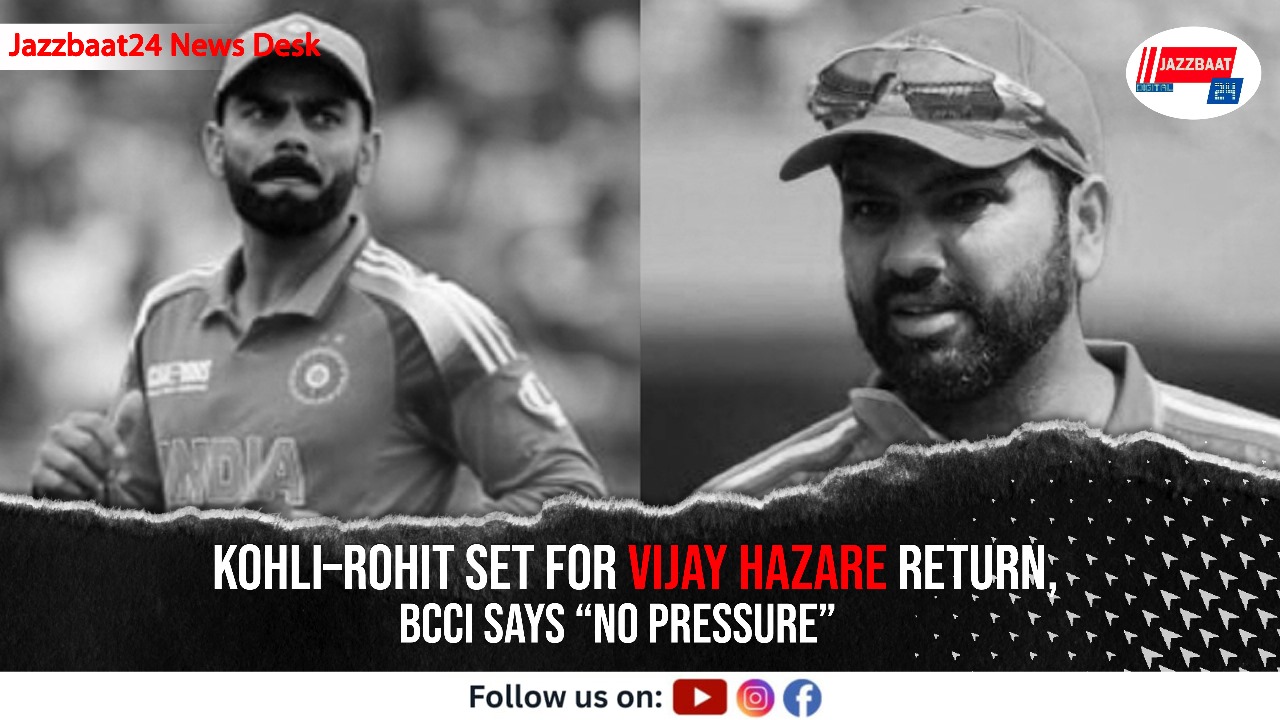Pakistan's relations with India have also soured after the killing of 26 tourists in Kashmir's Baisaran. Pakistan Defence Minister Khawaja Asif here made a sensational admission in a Sky News interview. He added that for three decades, Pakistan has been backing terrorist groups on the behest of the United States and Western nations. Asif added, "we did this dirty work for them." His statements have again raised questions over Pakistan's role on a global scale. Khawaja Asif's statement is contradictory to the previous and existing diplomatic vision of Pakistan. He also stated, "If Pakistan had not been involved in anti-Soviet and post-9/11 war on terror, then the image of Pakistan would have been far cleaner." The statement places Pakistan's worldview where terrorist activities are being acknowledged to be carried out exclusively for 'allies'.
Meanwhile, India has always accused Pakistan of sponsoring other terrorist groups, including the Pakistani terrorist group Lashkar-e-Taiba, which conducted the Baisaran attack. Khawaja Asif's admission is additional proof of question in support of this accusation. He also stated that there might be an "all-out war" with India, which relations have reached a new low. Pakistan's statement is provocative and a serious violation of global politics.
Pakistan had been harbouring the Middle East's most wanted terrorist Osama bin Laden, as he was hunted down and killed by US personnel within Pakistan. In its aftermath, Khawaja Asif's comments are in search of a more strict policy towards Pakistan on its global diplomatic front.
This is not only a public admission of past mistakes, but also highlights the strategic stance of Pakistan in dealing with international pressure. This is the moment, and not mere verbose confession, but action too. Halting terror funding and taking stern actions against it - this is to be the solitary path towards peaceful coexistence on the subcontinent


fullimage.jpg)



